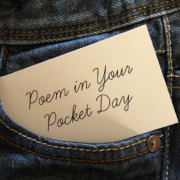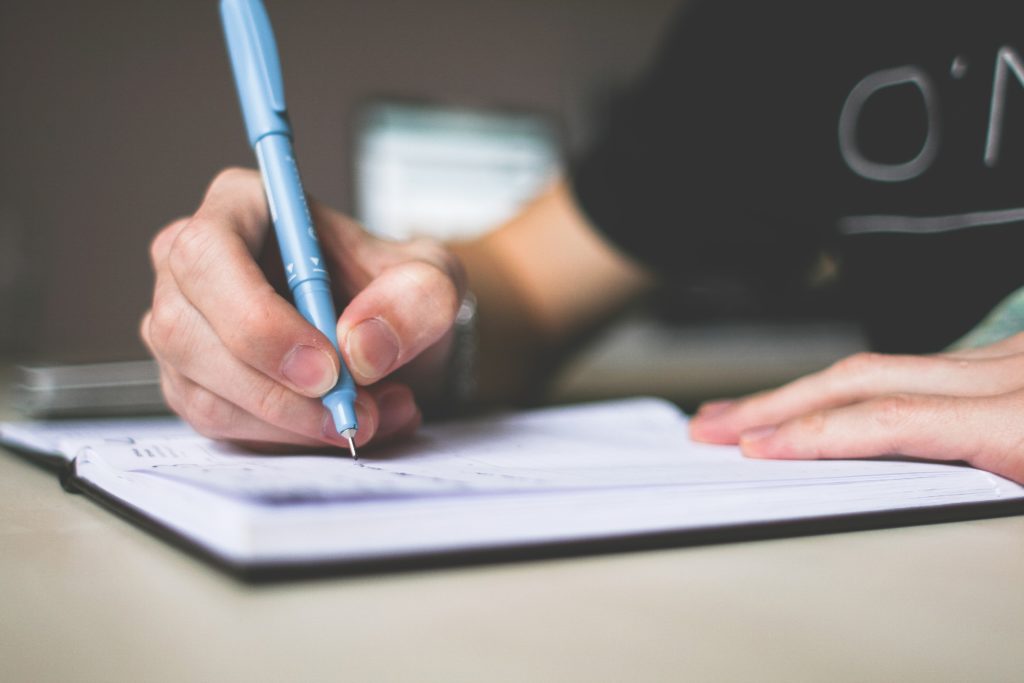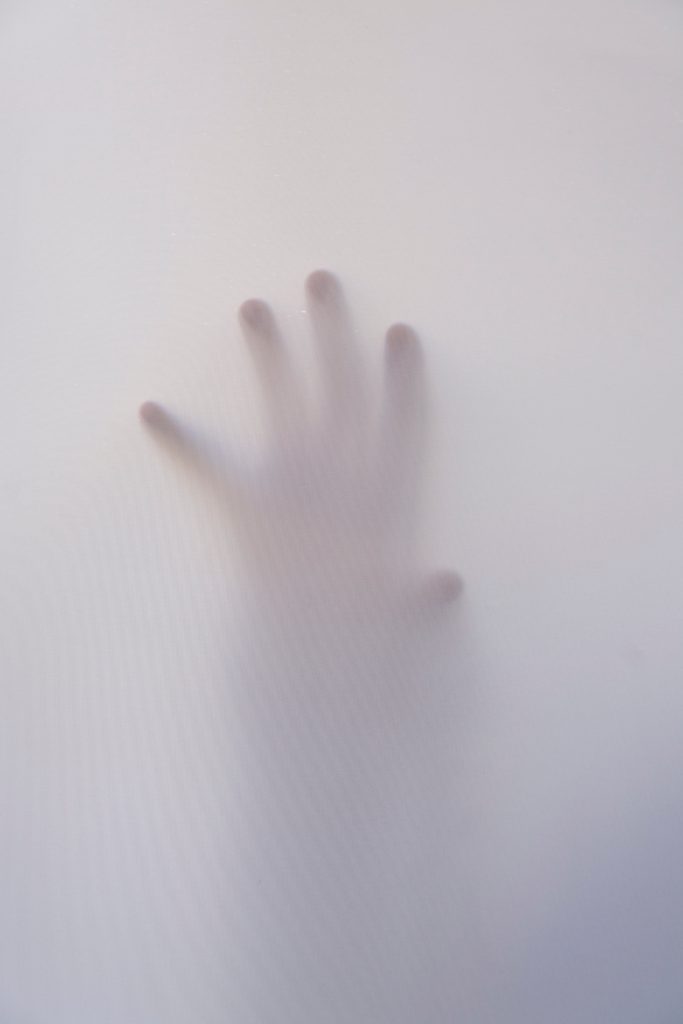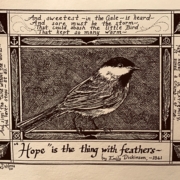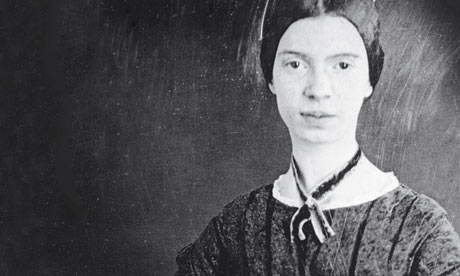Day 19: Poem in your Pocket Day

Processed with VSCOcam with s2 preset
Visit poets.org to see some possibilities for Poem in your Pocket day. I have heard that Elizabeth Austen, our new Washington State poet laureate will be at the Mount Lake Terrace library at 2:00 this afternoon. (Go to “Events” to find the listing.)
One of the suggestions is to text a poem to all your contacts. This gave me an idea. I’m combining POETRYisEVERYTHING’s prompt, to write a gripe, with a poetry assignment I once gave my students (the ONE time my college allowed me to teach poetry). This assignment was called a HONKU, cribbed, if I remember correctly, from a New Yorker “Talk of the Town” piece about a wave of protest poems, Haiku’s posted on telephone poles, etc. (My students were inspired to write some pretty amazing ones, and they were required to post at least one in a public place.) So here’s a new one from me.
Well, everyone knows that a Haiku plays with syllables…though it doesn’t have to (in English, so I’m told, we can mess with that). I stuck with the formula of 3 lines of 5, 7, and 5 syllables. The first two lines set up the problem, the final line delivers the protest.
Daughters up all night —
Friends dropping in, shrieks, laughter.
I’m old! I need sleep!
I know, I know, I’m not all that old.
Happy Poem in your Pocket Day.

